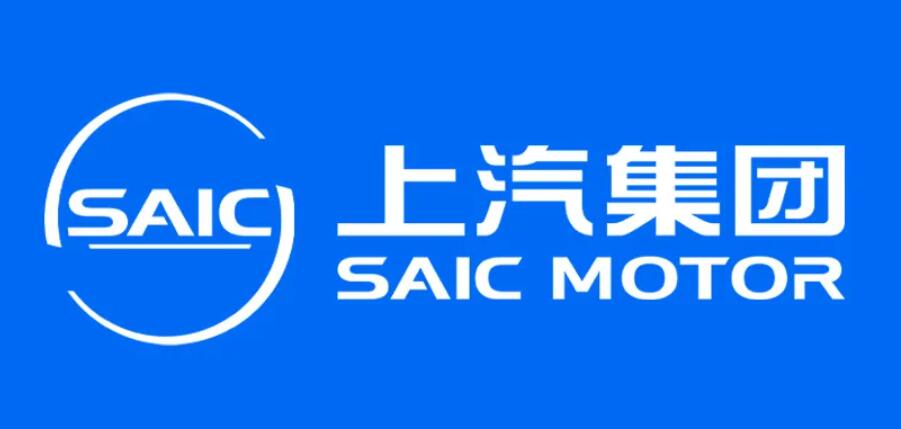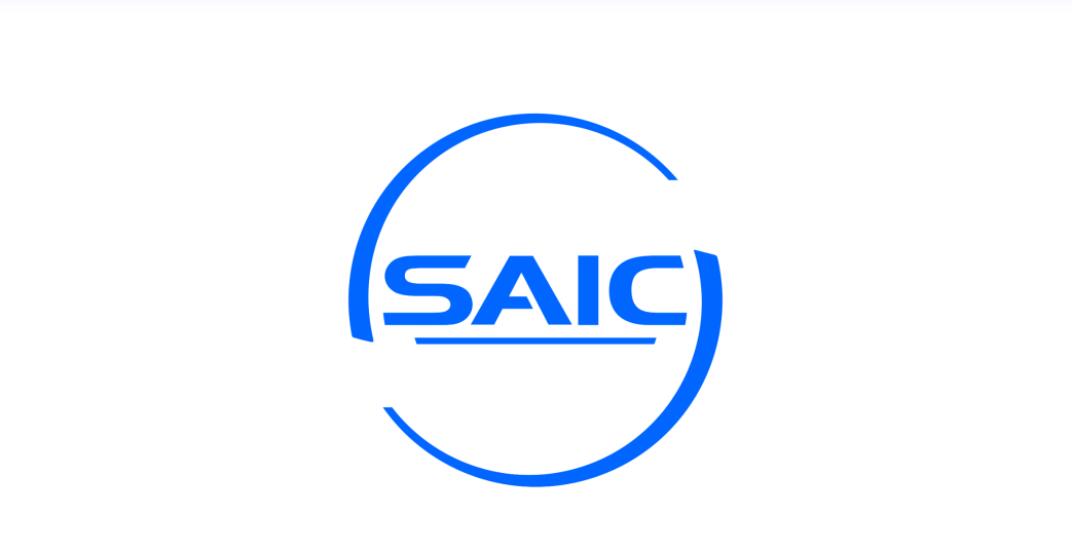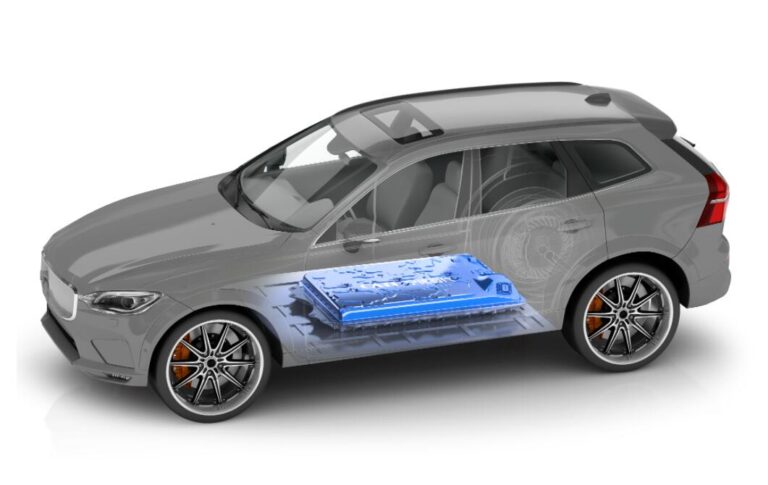Chinese auto giant SAIC Motor will put its solid-state batteries with "world-leading " technology into production by 2025, it said.
The company unveiled its new logo on Tuesday, saying the overall design concept is "a blue planet with the sun rising from the east."
Faced with a century of profound industrial changes, SAIC will make an all-out effort on a new generation of electric smart cars to accelerate its transformation into a high-tech enterprise, the company said.
SAIC will put into production by the end of 2021 a new generation of power batteries with zero thermal runaway, cost-effective, fast-chargeable, quick-replaceable and upgradeable, it said.
SAIC also plans to launch Robotaxi in Shanghai and Suzhou in 2021 and the service in Shenzhen in 2022, and to have the Robotaxi fleet reach 10,000 vehicles by 2025.
SAIC will put L4 smart driving-enabled cars into production by 2025, making it one of the headliners in China for smart driving technology, the company said.
The solid-state battery entered into the spotlight as Nio said at the Jan. 9 Nio Day launch of its flagship sedan, the Nio ET7, that the model will be offered in a future version with this new battery, giving it an NEDC range of 1,000 kilometers.
It is unclear whether SAIC's solid-state battery will be developed by it or jointly with a partner. Nio has not yet announced its supplier for the solid-state battery.
There was previous media speculation that CATL, the supplier of the ternary lithium batteries for Nio's current models, might supply it with solid-state batteries, but this proved to be untrue.
Nio's aggressive goals were also questioned at one point, given that solid-state battery technology has not yet begun commercial mass production.
William Li, the founder, chairman and CEO of Nio, also clarified in an interview after Nio Day that the Nio ET7's solid-state battery is more accurately described as a "semi-solid-state battery.
Nio is not using an all-solid-state battery, but still has a liquid electrolyte, Li said, adding that mass production of all-solid-state batteries is still a long way off because the current market demand for solid-state batteries is very low.
Late last month, CATL said it has been working on solid-state batteries for years, but at this stage there are still scientific challenges inside the all-solid-state battery that have not been solved, making it difficult to fundamentally make a truly solid-state battery before then.
CATL said the company was able to make samples of solid-state batteries, but the relevant indicators are still a long way from commercialization.
The company said that to successfully commercialize solid-state battery technology, it must first study the feasibility of the technology route, and on that basis, study the product route, and to turn the technology into a product is an engineering optimization process.


